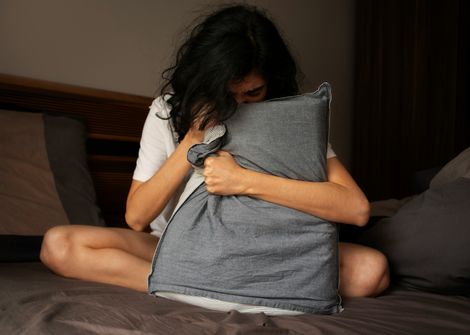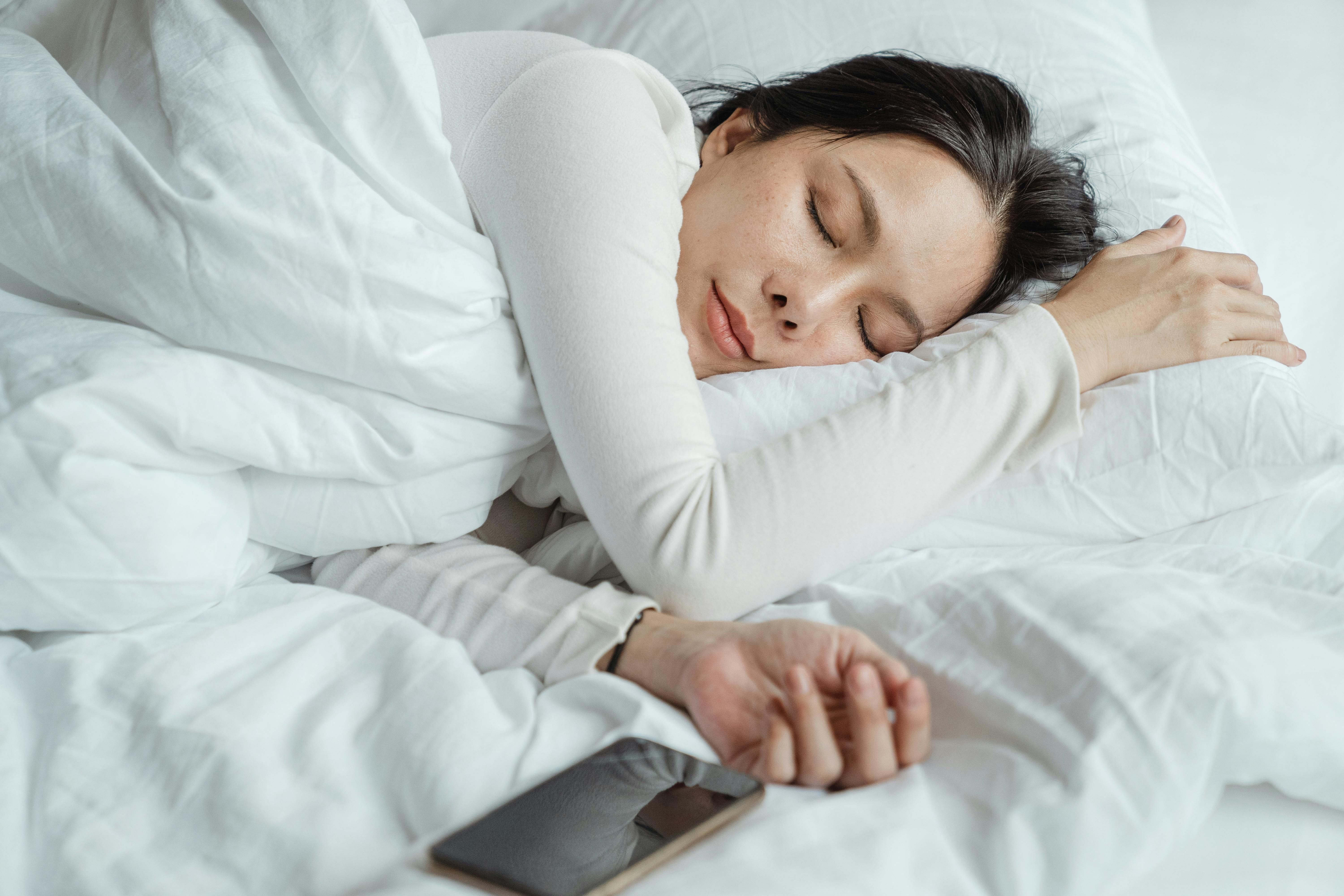
Combating Insomnia During Intermittent Fasting
Intermittent fasting (IF) is a popular health strategy, known for its benefits like boosting metabolism, improving energy, and aiding in weight loss. ...

Today, we’re diving into a topic many of us wonder about: can sleep medications break your fast? This is crucial for those of us aiming to lose weight and improve our health. Let’s explore this together in a clear and practical way.
Fasting means stopping eating and drinking (except water) for a certain period. Many women over 50 find that intermittent fasting helps them lose weight and feel better. Studies show that intermittent fasting can help reduce weight by about 3-8% over 3-24 weeks. Fasting can also improve metabolic health, sleep, and reduce inflammation.
As we get older, sleep can become more elusive. Many of us struggle with insomnia or disrupted sleep, which can make it hard to feel our best. Sleep medications can be a real help, allowing us to get the rest we need. Around 10% of people over 18 report using some form of sleep aid.
But does this mean they break your fast?
Now, onto the main question: do sleep medications break a fast? The answer depends on the type of medication and its ingredients.
Most fasting plans allow for water, black coffee, and tea because they have little to no calories. When it comes to sleep meds, it’s important to check if they contain calories. Many prescription sleep medications don’t have significant caloric content and won’t break your fast. However, some over-the-counter options, especially those in liquid form, might contain sugars or other caloric ingredients.
Even if a sleep med doesn’t have calories, certain ingredients might still affect your fast:
Here’s a quick look at some common sleep aids and whether they might break your fast:

As we age, several factors contribute to worsened sleep quality. Here are some key reasons:
If you’re trying to fast and improve your sleep, here are some tips:
Let’s consider Mary’s experience. Mary is 58 and started intermittent fasting six months ago. She struggled with sleep, waking up several times a night. After consulting her doctor, she started taking Ambien. Initially worried that her medication might break her fast, she researched and found that Ambien doesn’t contain calories.
Mary continued her fasting schedule, taking her medication as needed. She lost 15 pounds and started sleeping better. Her energy levels improved, and she felt more vibrant and healthy. Mary’s journey shows that it’s possible to manage sleep and fasting together successfully.
Your health and well-being are important. If you need sleep medication to rest properly, that’s okay. A good night’s sleep is crucial for weight loss and overall health. It’s about finding a balance that works for you.
If you have any questions or need more tips, feel free to leave a comment below. Let’s continue this journey to better health together!
Stay well and sleep tight, Kate.
A: Fasting can impact your sleep patterns. Some people may experience difficulty falling asleep or staying asleep due to changes in their eating schedules and metabolic processes. It’s important to monitor how fasting affects your sleep and adjust your fasting schedule if necessary.
A: Generally, over-the-counter sleep aids like melatonin are considered safe to use while fasting. However, it’s always best to consult with a healthcare professional before taking any sleep aids, especially if you have underlying health conditions or are taking other medications.
A: To improve sleep quality during fasting, maintain a regular sleep schedule, create a relaxing bedtime routine, and ensure your sleeping environment is comfortable. Avoid caffeine and heavy meals close to bedtime. Some people find that light exercise and meditation help improve sleep.
A: Yes, some people may experience insomnia or disrupted sleep when they first start fasting. This can be due to changes in hormone levels, blood sugar fluctuations, or simply the body’s adjustment to a new eating schedule. These sleep disturbances often improve as the body adapts to fasting.
A: Ambien (a prescription sleep aid) and Benadryl (an over-the-counter antihistamine that can induce drowsiness) can be used during fasting, but with caution. Both medications can have side effects and interactions, especially if taken regularly. It’s important to consult your healthcare provider before using these medications to ensure they are safe for you, considering your fasting routine and any other medications or health conditions you might have.
A: While occasional use of sleep aids may be helpful, it is important to address the root cause of sleep disturbances. Before taking sleep aids, try natural methods such as improving sleep hygiene, managing stress, and ensuring you are following a balanced fasting regimen. Consult a healthcare provider if sleep issues persist.

Intermittent fasting (IF) is a popular health strategy, known for its benefits like boosting metabolism, improving energy, and aiding in weight loss. ...

Ladies, I know many of you are all about that intermittent fasting life for weight loss, metabolic health, and overall wellness. But if you're one of ...

Kate here, coming at you with a topic that's been causing quite the buzz - do statins break intermittent fasting? With so many of us fabulous fasters ...

Girl, I know you've heard all the hype about intermittent fasting lately. Basically, it's this eating pattern where you cycle between periods of fasti...

Intermittent fasting (IF) has surged in popularity within health and wellness communities, celebrated for its potential to promote weight loss, improv...